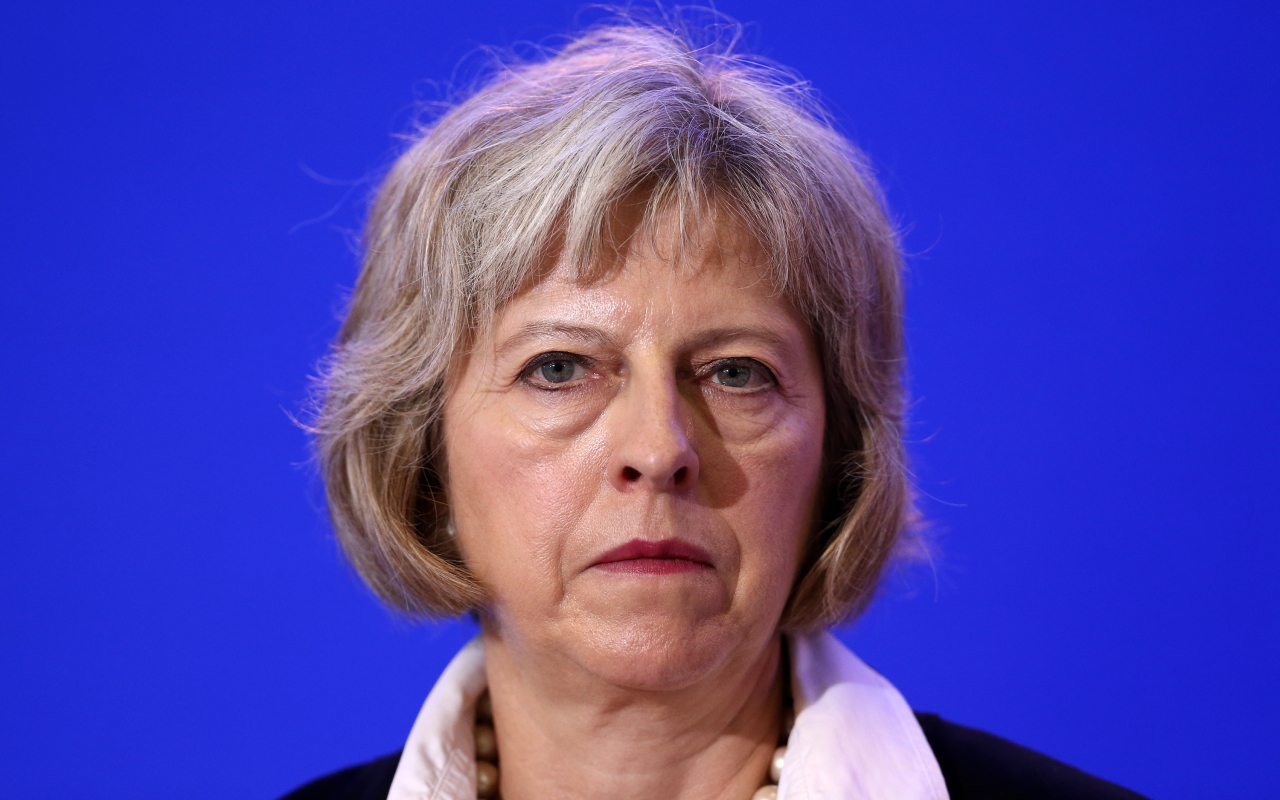Within hours of the announcement of a snap general election, Downing Street was reporting the Prime Minister would not be appearing in any televised debate with the opposition during the election campaign. For many, this represents blatant disregard for our democracy, as it portrays Theresa May “insulting the people of Britain by avoiding the scrutiny of TV debates”, as Owen Jones contends. As the seven week campaign begins to take shape, this decision may appear increasingly myopic, with broadcasters considering proceeding with the debates, including Jeremy Corbyn, Tim Farron and Nicola Sturgeon (and more), whilst ‘empty chairing’ the Prime Minister. Undoubtedly, this would be received poorly by the public, and rhetoric of a “strong and stable” leader, advanced continually since Tuesday, would be less successful.
In the past, the significance of the televised debates has been evident, as the personalisation of politics continues to pervade election campaigns. No one can forget the brief but widespread “Cleggmania” that ensued in 2010 after competent TV performances against Cameron and Brown. Whilst hardly esteemed company, Clegg was new, exciting and posed a real alternative to the “old politics” of Labour and the Conservatives. Perhaps May, as a safe yet uninspiring speaker herself, fears a similar surge in support for the opposition, most notably Jeremy Corbyn.
Yet this avoidance tactic appears to be the Conservatives early election campaign strategy, with the Prime Minister visiting a number of areas of the country without the press and refusing to take questions. This appears to be an attempt to avoid scrutiny, and supports claims from opposition parties that the Prime Minister is not showcasing “strong leadership” as the Tory machine purports, but the complete opposite.
Whether or not Theresa May decides to take part in a televised debate perhaps misses the point, as it is likely that a sanitised manifestation of a debate will occur before June 8th involving the Prime Minister. TV debates are significant in election campaigns, with the rise of Clegg in 2010 and the bumbling of Ed Miliband reinforcing his image problem, yet they are often sanitised affairs, reducing debate to on message soundbites lacking in real political substance. However it is evident that the Conservatives are attempting to avoid scrutiny and real policy debates with any of the opposition parties, with a lack of engagement augmenting apathy across the country, particularly amongst the young. A theme that will likely continue for the next 7 weeks.
Overall, this election campaign has kicked off in less than enthusiastic fashion, with much of the country’s sentiment portrayed in the BBC’s interview with Brenda from Bristol, who stated on hearing news of another general election: “You’re joking, not another one”. A long 7 weeks is ahead, but hopefully this 2017 campaign will be one of genuine political debate, focusing on the key issues of the day. The early signs are less than convincing however.
Cian Fox
(Image courtesy of New Statesman)

